best solar street lights for city roads | Quenenglighting Expert Guide
Navigating the Urban Landscape: Selecting the Best Solar Street Lights for City Roads
As cities worldwide strive for sustainability and operational efficiency, the adoption of solar street lighting for urban roads is no longer a niche choice but a strategic imperative. For professionals in municipal procurement, urban planning, or energy management, selecting the best solar street lights for city roads involves a nuanced understanding of performance, durability, and smart technology. This guide addresses the most pressing questions for industry users looking to make informed repurchasing decisions.
1. Optimal Lumen Output and Lighting Distribution for Urban Thoroughfares
One of the foremost concerns for city roads is ensuring adequate illumination for safety and visibility. The ideal lumen output varies significantly based on the road classification:
- Main Arterial Roads: Typically require higher illumination levels, often in the range of 10,000 to 20,000+ lumens per pole, to ensure clear visibility for high-speed traffic. Industry standards (e.g., IESNA RP-8, CIE 115) recommend average maintained illuminance levels of 15-20 lux for these areas.
- Secondary Roads & Residential Streets: Can be effectively lit with 5,000 to 10,000 lumens per pole, aiming for 8-12 lux, balancing safety with light pollution considerations.
- Pedestrian Walkways & Parks: Lower lumen outputs, often 2,000-5,000 lumens, are sufficient, targeting 3-5 lux.
Beyond raw lumen numbers, critical factors include uniformity ratio (how evenly light is spread) and glare control. Modern solar street lights should utilize advanced optical lenses (e.g., Type II, Type III, Type IV distributions) to direct light precisely where needed, minimizing light spill and upward light pollution (sky glow). A good uniformity ratio (typically >0.4:1 average to minimum) ensures no dark spots, enhancing driver and pedestrian safety.
2. Ensuring Reliability: Advanced Battery and Power Management Systems
The heart of any reliable solar street light lies in its battery and power management system. For city roads, consistent performance through varying weather conditions and long autonomy are non-negotiable.
- Battery Technology: Lithium Iron Phosphate (LiFePO4) batteries are the industry standard for high-quality solar street lights. Compared to traditional lead-acid batteries, LiFePO4 offers superior cycle life (typically 2,000 to 6,000 cycles at 80% depth of discharge), better thermal stability (safer operation in extreme temperatures from -20°C to 60°C), and a higher energy density, leading to a smaller footprint and longer lifespan (often 5-10 years).
- Charge Controllers: Maximum Power Point Tracking (MPPT) controllers are essential. They optimize the power output from the solar panel by dynamically adjusting to environmental conditions, achieving up to 99% efficiency in converting solar energy to battery charge. This ensures the battery charges efficiently even on cloudy days, extending the system's autonomy.
- Power Management Features: Look for intelligent power management systems that include adaptive dimming based on remaining battery charge, time of night (e.g., dimming after midnight), or even motion detection. This proactive energy management extends battery life and ensures continuous operation for 3-5 consecutive cloudy days, a common requirement for reliable urban deployments.
3. Durability and Environmental Resilience: IP Ratings and Material Choices
City roads present harsh environments, exposed to dust, heavy rain, snow, high winds, and potential vandalism. The physical robustness of the solar street light is paramount for long-term viability.
- IP Rating: The Ingress Protection (IP) rating indicates the fixture's resistance to solids and liquids. For street lights, a minimum of IP65 is recommended, signifying complete protection against dust ingress and protection against low-pressure water jets from any direction. For enhanced durability against strong water jets or temporary immersion, IP66 or IP67 ratings are superior and often preferred for critical urban infrastructure.
- Material Selection: High-grade materials are crucial. The lamp body and pole should be constructed from corrosion-resistant aluminum alloys (e.g., 6063-T5 or die-cast aluminum) or galvanized steel. The solar panel should be protected by tempered glass, and the battery compartment should be sealed and thermally managed.
- Wind Load & Vandalism Resistance: The design must withstand high wind loads specific to the installation region (e.g., up to 150 km/h). Anti-vandalism features, such as robust housing and tamper-proof fasteners, are also important for public spaces.
4. The Smart City Edge: Integrated IoT and Intelligent Control
Modern urban lighting is no longer just about illumination; it's about intelligent infrastructure. Integrated IoT (Internet of Things) capabilities transform solar street lights into smart city assets.
- Remote Monitoring & Control: Cloud-based platforms allow city managers to remotely monitor the status of each light (battery charge, panel performance, fault detection), adjust dimming schedules, and switch lights on/off from a central dashboard. This drastically reduces operational costs and response times for maintenance.
- Adaptive Lighting: Integration with motion sensors or traffic density sensors allows lights to brighten only when needed, further conserving energy. This dynamic lighting approach improves safety while minimizing light pollution during off-peak hours.
- Data Analytics: Smart solar lights can collect valuable data on energy consumption, environmental conditions, and operational efficiency, providing insights for future planning and optimization. Communication protocols like LoRaWAN, NB-IoT, or Zigbee are commonly used for reliable, low-power data transmission over long ranges.
- Predictive Maintenance: Real-time diagnostics can identify potential issues (e.g., declining battery performance, panel dirt accumulation) before they lead to failures, enabling proactive maintenance and extending system lifespan.
5. Assessing Long-Term Value: Cost-Effectiveness and Return on Investment
While solar street lights may have a higher initial capital outlay compared to traditional grid-powered lights, their long-term cost-effectiveness and ROI are compelling for cities.
- Reduced Energy Bills: Zero electricity consumption from the grid eliminates recurring energy costs, which can be substantial for a city's lighting infrastructure.
- Lower Installation Costs: Without the need for extensive trenching, cabling, and grid connections, installation costs for solar street lights can be significantly lower, especially in remote or newly developed areas. A study by the U.S. Department of Energy indicated that off-grid solar street lights can reduce installation costs by 20-50% compared to grid-tied systems in certain scenarios.
- Minimal Maintenance: High-quality solar lights with long-life components (LiFePO4 batteries: 5-10 years; LED modules: 50,000+ hours) require less frequent maintenance. Smart monitoring further optimizes maintenance schedules, reducing labor costs.
- Incentives & Sustainability: Many governments offer incentives or subsidies for renewable energy projects, further enhancing ROI. Beyond financial returns, the environmental benefits (reduced carbon footprint, contribution to climate goals) offer significant intangible value.
- Payback Period: Depending on local electricity rates, installation complexity, and government incentives, the payback period for high-quality solar street lights can range from 3 to 7 years, after which they provide significant net savings for decades.
Conclusion: Lighting the Future with Smart Solar
Choosing the best solar street lights for city roads requires a holistic assessment that goes beyond simple price points. By focusing on optimal illumination, robust power management, enduring durability, and smart city integration, urban planners and procurement professionals can invest in solutions that not only provide superior lighting but also contribute to a greener, more efficient, and smarter urban future.
Quenenglighting Advantage
Quenenglighting stands out in the solar lighting industry by offering integrated solutions designed for the rigorous demands of city roads. Our products incorporate high-efficiency monocrystalline solar panels (typically >21% conversion efficiency) coupled with advanced MPPT controllers, ensuring maximum energy harvest even in challenging conditions. We utilize long-life LiFePO4 batteries (with 2500+ cycles at 80% DOD), guaranteeing extended autonomy and a lifespan of 5-8 years. Our luminaires feature high-lumen output LED chips (up to 180 lm/W) with precise optical designs (Type II, III, IV) for optimal light distribution and minimal glare, meeting international lighting standards for various road classifications. Built with aerospace-grade aluminum alloys and boasting IP66/IP67 ratings, Quenenglighting products offer unparalleled durability against extreme weather and vandalism. Furthermore, our integrated IoT solutions provide real-time remote monitoring, adaptive dimming, and predictive maintenance capabilities, empowering cities with intelligent lighting management. With a strong commitment to quality and a comprehensive warranty, Quenenglighting provides a reliable and cost-effective long-term lighting solution for urban infrastructure projects.

Have more questions about our products or services?
The latest hot news you might like
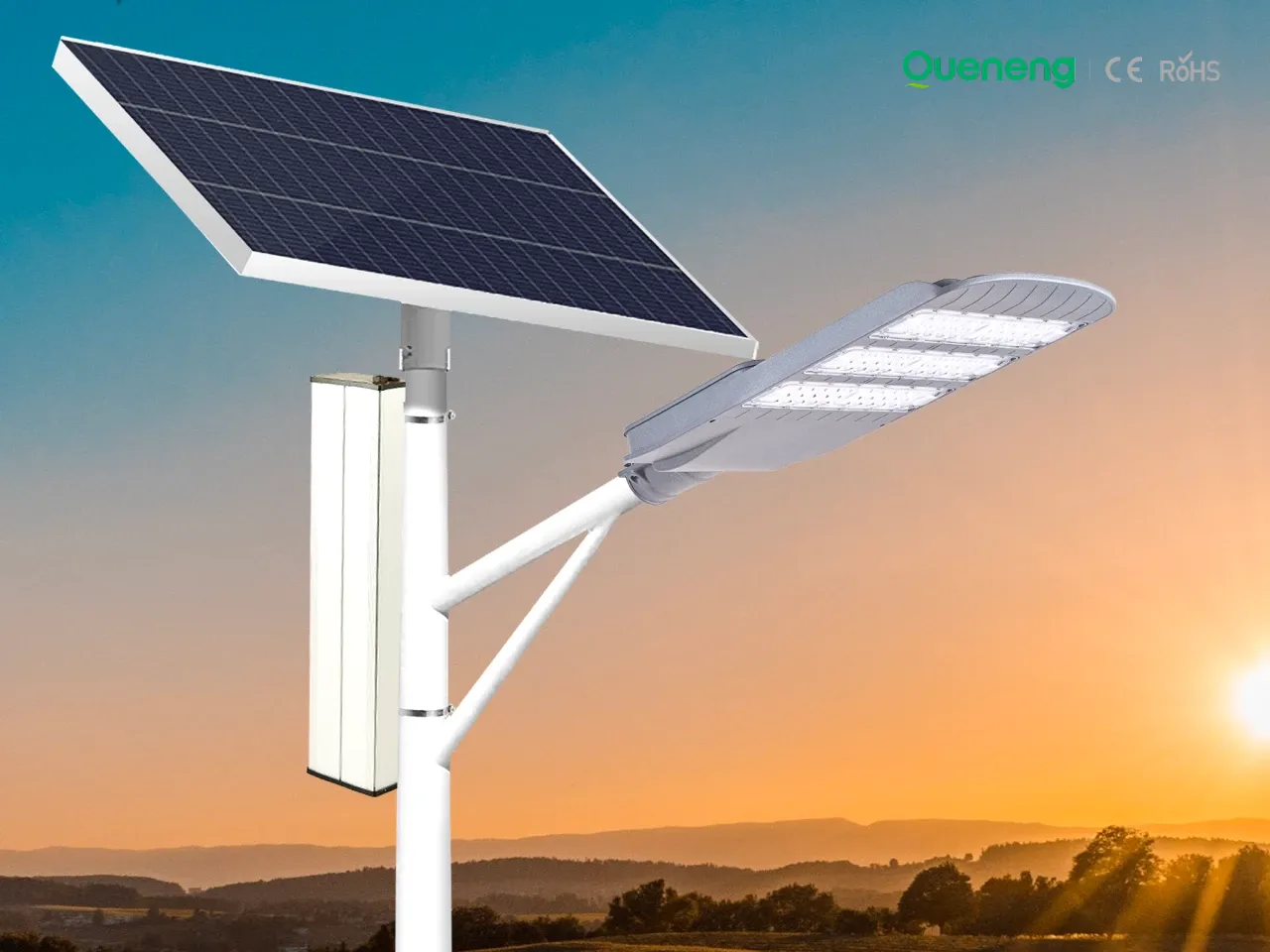

A comprehensive 2026 guide to solar street light pricing. Covers commercial installation costs, LiFePO₄ battery trends, smart IoT features, and a detailed ROI comparison against traditional grid lighting.

A comprehensive 2026 outlook on integrated solar street lights, featuring performance benchmarks like bifacial panels, LiFePO₄ batteries, and Smart City IoT integration for maximum ROI.

Discover how solar panels power street lights, exploring the technology behind solar energy conversion, storage systems, and how solar-powered street lights are revolutionizing urban and rural lighting solutions.
FAQ
Battery Types and Applications
What is a fuel cell? How to classify?
The most common classification method is according to the type of electrolyte. Based on this, fuel cells can be divided into alkaline fuel cells, which generally use potassium hydroxide as the electrolyte; phosphoric acid fuel cells, which use concentrated phosphoric acid as the electrolyte; proton exchange membrane fuel cells, which use concentrated phosphoric acid as the electrolyte. A fully fluorinated or partially fluorinated sulfonic acid proton exchange membrane is used as the electrolyte; a molten carbonate fuel cell uses molten lithium-potassium carbonate or lithium-sodium carbonate as an electrolyte; a solid oxide fuel cell, Solid oxides are used as oxygen ion conductors, such as yttria-stabilized zirconium oxide films as electrolytes. Batteries are sometimes classified according to battery temperature and are divided into low-temperature fuel cells (operating temperature below 100°C), including alkaline fuel cells and proton exchange membrane fuel cells; medium-temperature fuel cells (operating temperature between 100-300°C), including Bacon-type alkaline fuel cells and phosphoric acid-type fuel cells; high-temperature fuel cells (operating temperature between 600-1000°C), including molten carbonate fuel cells and solid oxide fuel cells.
What devices are best used with rechargeable batteries?
Battery Performance and Testing
What are the main aspects of performance commonly referred to as secondary batteries?
who we are
What products does Queneng offer?
We offer a wide range of solar energy products, including solar lighting fixtures (street lights, garden lights, etc.), high-performance solar photovoltaic panels, energy storage batteries, and custom solar systems for various applications. We also provide installation and after-sales support.
Sustainability
How should I maintain solar street lights for optimal performance?
To ensure optimal performance, we recommend cleaning and inspecting the lights every 6–12 months. Regularly cleaning the photovoltaic panels, checking the battery health, and confirming the integrity of the lights and control systems are essential for long-term reliable operation.
Batteries and the environment
What is the main manifestation of the hazards of used batteries?

The Solar Streetlights of Luhao for Municipalities are designed to deliver reliable, energy-efficient, and cost-effective public lighting solutions. Equipped with advanced LED technology, durable lithium batteries, and high-efficiency solar panels, these streetlights provide consistent illumination for roads, parks, residential areas, and government projects.
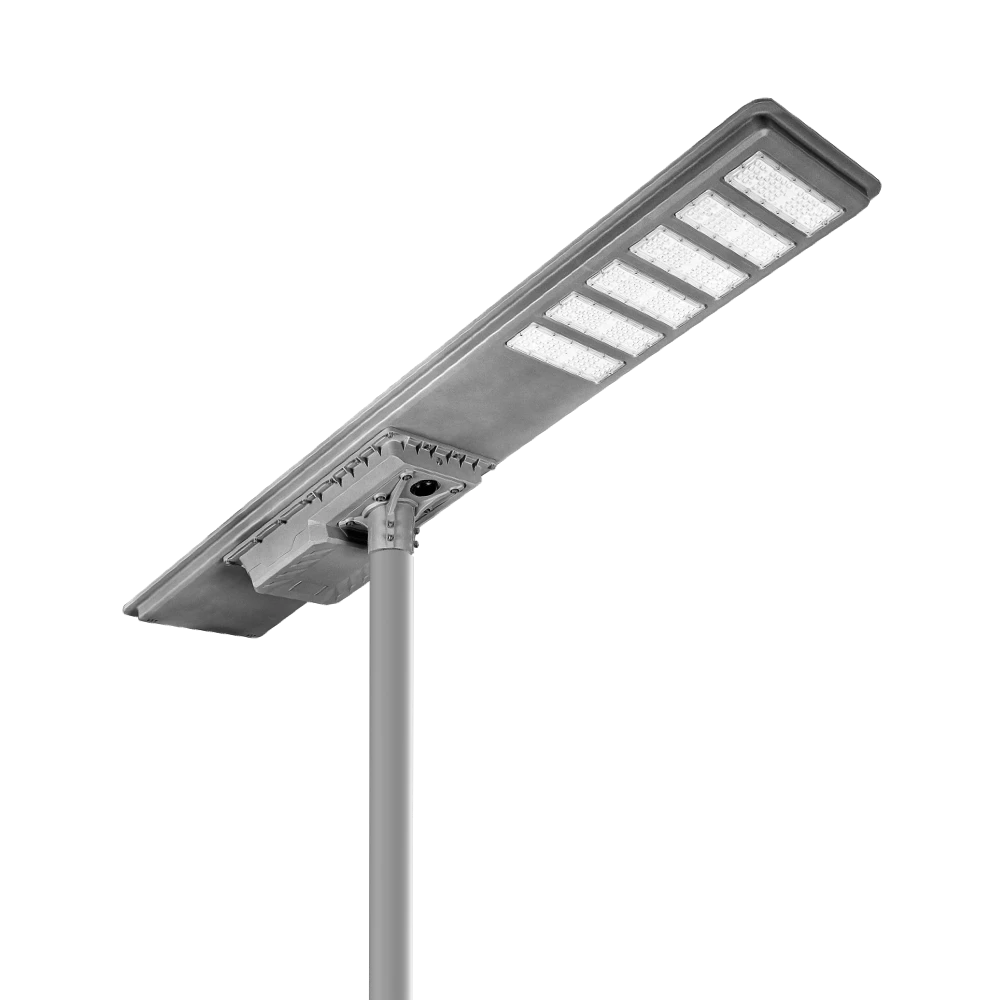
Queneng's Luqiu Innovative Solar Street Light offers energy-saving, durable outdoor lighting. This solar power street light provides a reliable and eco-friendly solution for illuminating your streets and pathways.
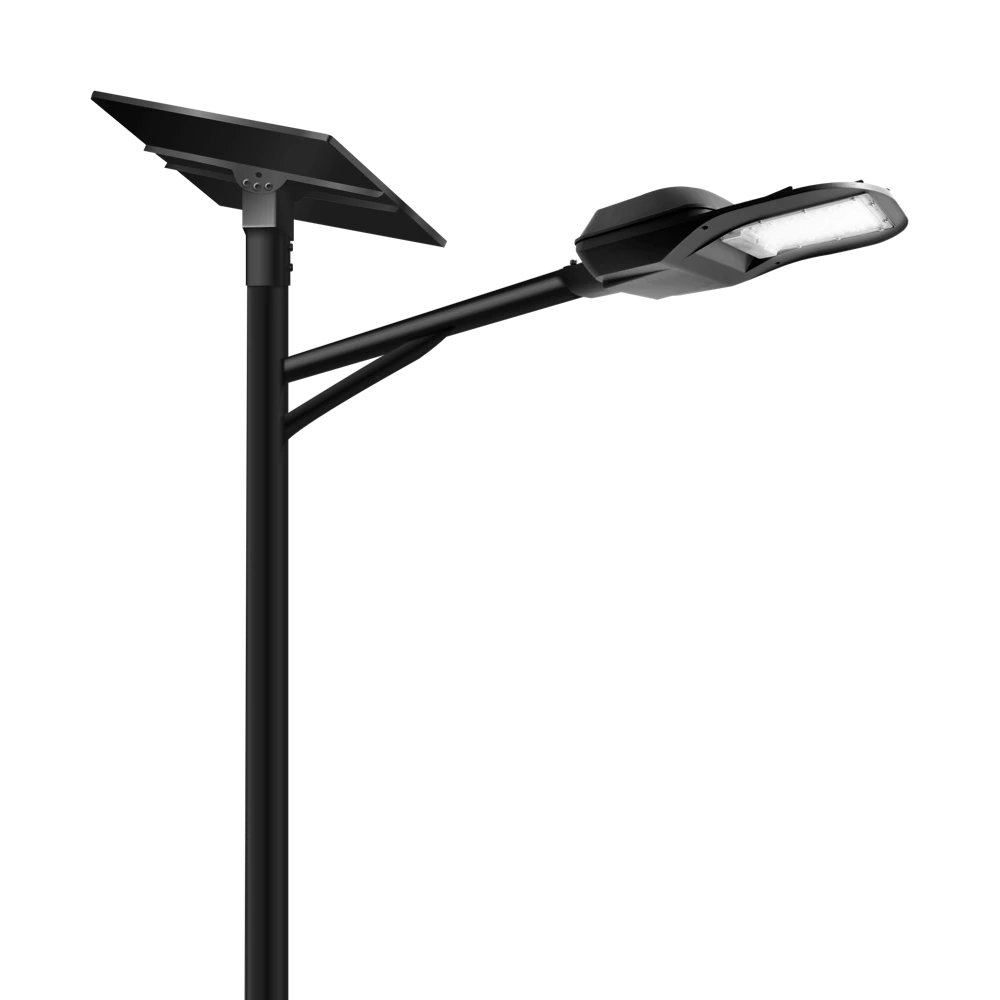

Lubai is an integrated solar street light designed for stable, long‑term outdoor lighting in off‑grid and weak‑grid areas. Combining a high‑efficiency solar panel, LiFePO₄ battery, and intelligent motion sensing, Lubai delivers reliable illumination with low maintenance and fast installation.
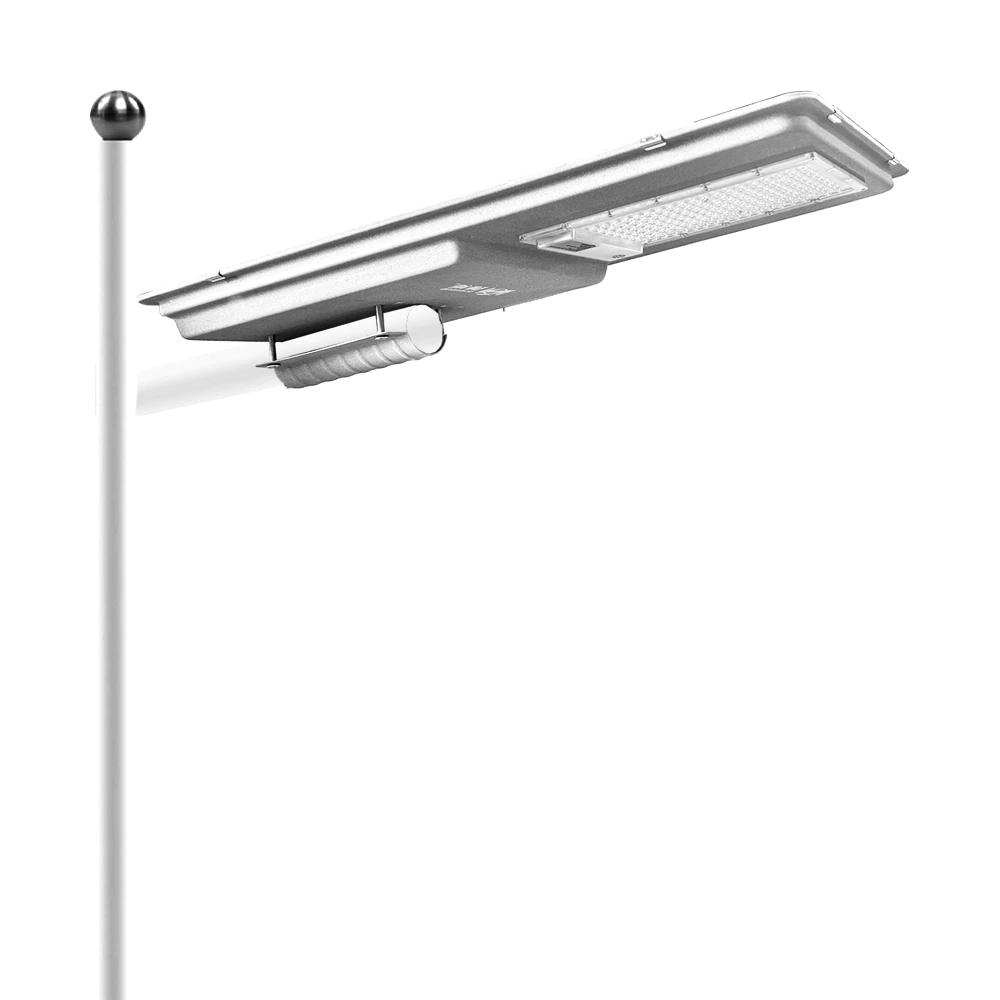
Queneng's Lufa high-efficiency solar LED street lights illuminate urban and commercial spaces brilliantly. These commercial solar LED street lights offer superior energy savings and reliable performance, making them an ideal sustainable lighting solution.
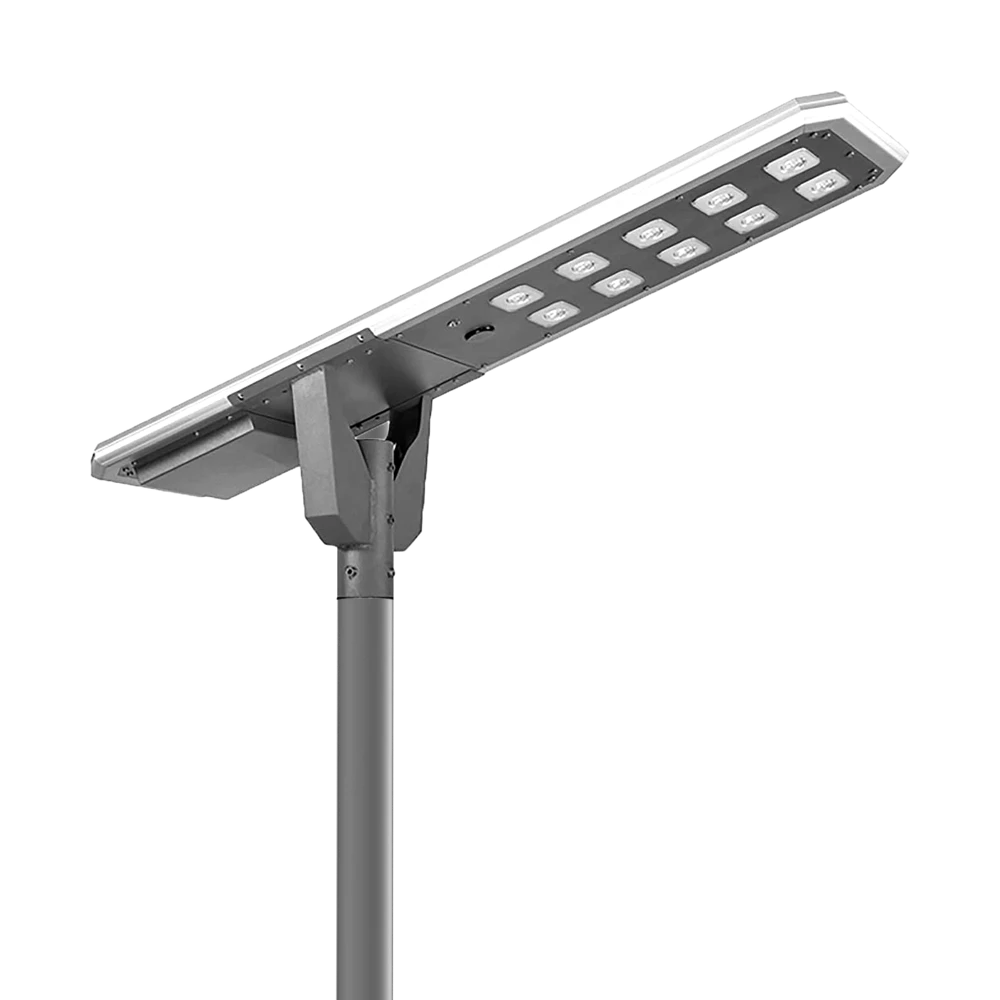
Illuminate your outdoor spaces with the Solar Street Light, a cutting-edge solution combining advanced solar technology and energy-saving LED lighting.
If you would like more information about Queneng solar lighting solutions, please send us a message by filling out the form below. Our professional team will get back to you within 24 hours!
Rest assured that your privacy is important to us, and all information provided will be handled with the utmost confidentiality.
Schedule a Meeting

Book a date and time that is convenient for you and conduct the session in advance.
Have more questions about our products or services?





















